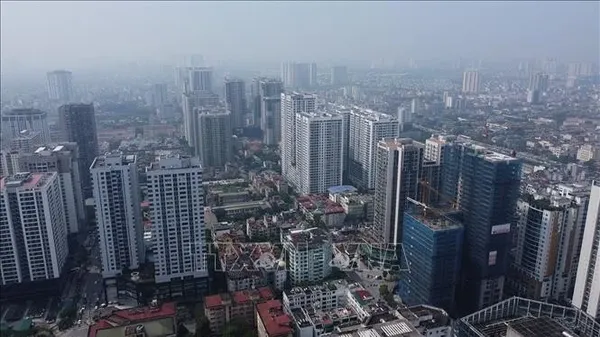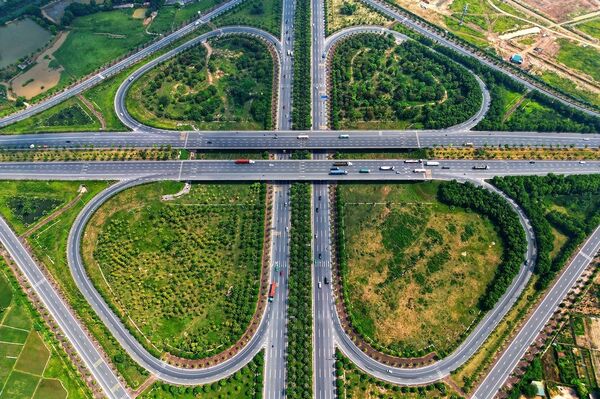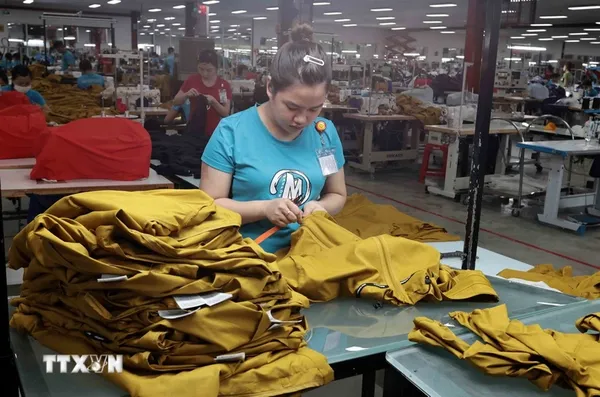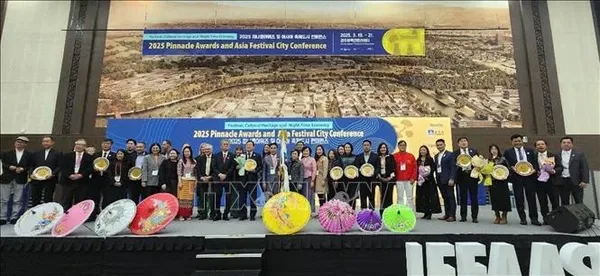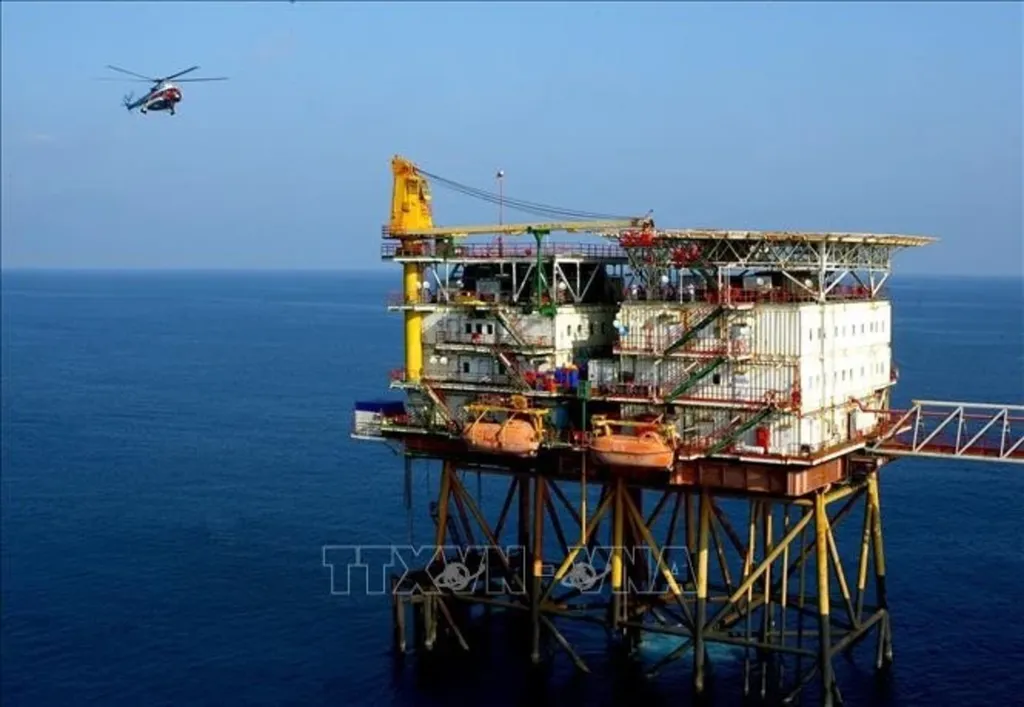 |
| A plane transports workers to the oil rig of Vietsovpetro Joint Venture. (Illustration photo: VNA) |
Hanoi (VNA) - The streamlining of the state management apparatus is creating pressure for state-owned enterprises (SOEs) to "transform themselves" in order to improve operational efficiency, quickly adopt advanced governance standards, and move towards international standards.
This move not only improves the efficiency of state management but also opens up significant opportunities for businesses, as they no longer have to struggle with tangled procedures. This will enable them to quickly implement projects and seize business opportunities in a timely manner.
Currently, in Vietnam, there are more than 670 SOEs, with about two-thirds wholly owned by the state. In the remaining ones, the state holds more than 50% of the charter capital.
SOEs play an important role in providing public goods and services, generating jobs, limiting the control of private and foreign entities over the economy, creating public funds, and improving access to public services.
In terms of economic role, although they account for a very small percentage in the total number of enterprises, they contribute a significant source of revenue to the national budget. Specifically, SOEs make up only 0.3% of all businesses in Vietnam but hold nearly 4 quadrillion VND (156.4 billion USD) in total assets, and own 20.5% of the capital in the entire business sector. They generate a pre-tax profit of 348.3 trillion VND (accounting for 23.9%), contribute nearly 366 trillion VND to the state budget, and represent nearly 30% of the national GDP.
To address the shortcomings of the market mechanism and the limitations of the private sector within certain boundaries, state-owned enterprises play a crucial role in providing public goods. Given their unique characteristics, public goods, if left to be produced and supplied solely by the private sector under market principles, would likely fall into shortage, resulting in monopolies.
They take on strategic production and business sectors that are vital for socio-economic development and require significant investment, beyond the capacity of the private sector.
In addition, they participate in new sectors with high risk factors, demonstrating their role in paving the way and leading the economy, and promoting the application of science and technology.
Regarding political role, SOEs are one of the important macro tools of the state, playing a guiding role in the development of the socialist-oriented economy. They act as the core, pioneering and guiding force (rather than the dominant force) to ensure the economic foundation for national security, maintain social stability, and fulfill the political tasks assigned by the state.
In terms of social role, state-owned enterprises contribute to the nation’s social welfare goals by employing a large workforce, creating jobs, and increasing income. They help reduce social inequality, contribute to poverty alleviation, and ensure the provision of essential public services in remote areas where private enterprises are unlikely to invest.
In the new era of the nation's rise, SOEs need to demonstrate their role as trailblazers in the economy, and be the pioneering and leading force in innovation, transforming governance models, restructuring capital, and reorganising production and supply chains.
The apparatus streamlining and mechanism reform are expected to hold great significance to the position of state-owned enterprises in the current context. The management over these businesses will be decentralised, with more autonomy and authority granted to them, in order to enhance their proactivity and creativity.
Directive No. 09/CT-TTg, signed by Prime Minister Pham Minh Chinh on March 21, 2025, stresses that to continue leading the economy, SOEs need to continue strengthening their dominant and central role in essential sectors and industries of the economy, while also acting as important tools to maintain macroeconomic stability.
In his March 9 official dispatch on some key tasks and solutions to cut down administrative procedures, improve the business environment, and promote socio-economic development, the Prime Minister requested extra efforts to reduce administrative procedure processing time and business costs (compliance costs) by at least 30%, while also abolishing 30% of unnecessary business conditions./.
